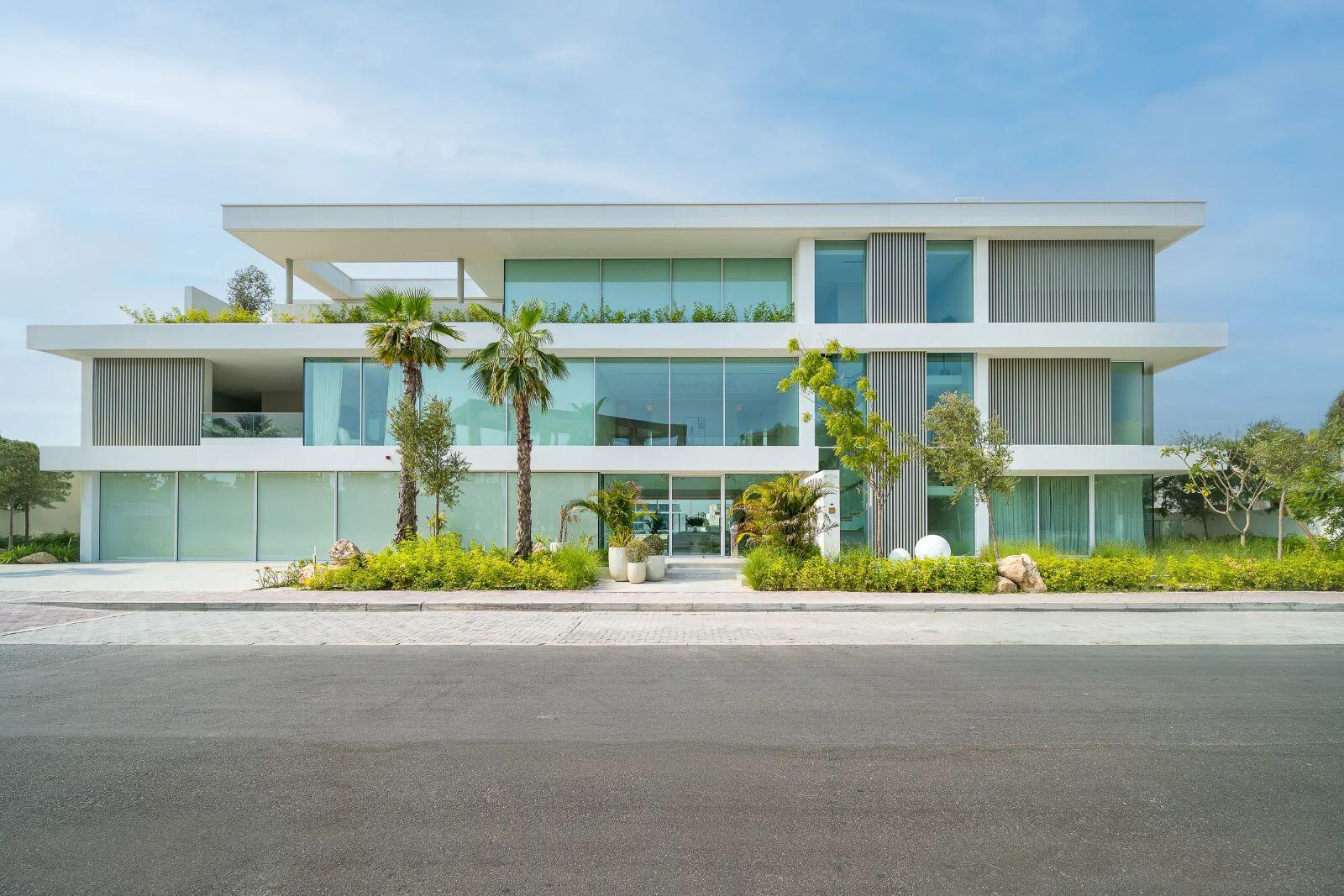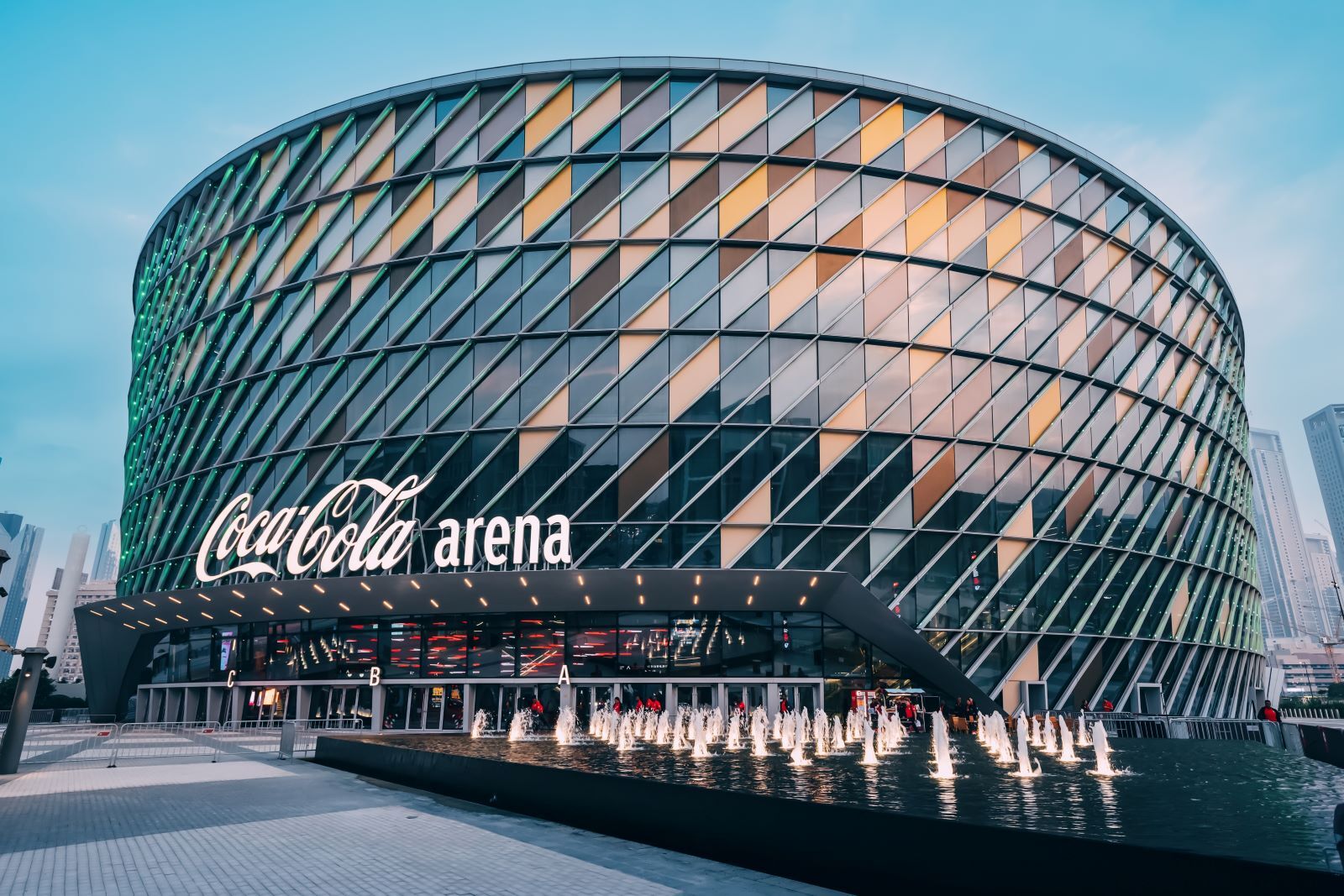Guide to Selling Your Property in Dubai
Published: 08 August 2024
Owners seeking to sell their Dubai property in 2025 have some fantastic opportunities available to them. In July, the market hit a new high for property sales with a transaction value that was in excess of AED 49 billion. Areas like Palm Jumeirah are especially lucrative, continuing to attract international high-net-worth buyers and boasting some of the highest property values in the city. As Dubai’s population continues to grow and there is a shortage of supply in many prime residential neighbourhoods, property sellers are finding themselves in a position where they can often realise the full asking price for their homes.

However, in order to fully benefit from the market’s momentum, it is essential to understand the processes involved. Our guide to selling property in Dubai offers a comprehensive overview of the procedure, which will help to ensure a smooth and swiftly completed transaction.
Understanding the Trends in the Market
It is understandable that property owners in such a busy market will want to maximise the profit from selling their homes. Given the rapid movement of the market, it can seem like any selling price is achievable once the right buyer comes along. But the truth is that not every property is the same, and the sale price for your home will be determined by the market dynamics in the area. There are always minor fluctuations in the market, so doing some research into comparable transactions will give you a realistic idea of how much your home might be worth, which will help you set the right price.
Determine the Value of Your Property
Researching the market will help you understand how much homes similar to yours are selling for, but if you want the most accurate measure of your home’s worth, then you should consider having your property valued professionally.
Certified valuation agencies in Dubai assess properties based on relevant market criteria including the location, the age of the property, its condition, the value added by renovations/upgrades, and comparable transactions. This helps to determine an accurate value for the property in the current market, which in turn allows you to set a price that will attract the most buyers.
You can also find various online resources to conduct a valuation yourself, which will give you an approximate figure. It’s not a substitute for professional valuation, however, and might not help you get the right price.
Pick the Right Selling Method
In Dubai, you are not obligated to sell your property through a real estate agency. You can put up a listing yourself on an online property portal, but bear in mind that there will be a fair bit of administrative work involved.
You will need to make sure that all of the information about the property, which can include the minutest details, is accurate. There should be enough photos of the property – most portals require a minimum of 10 – to showcase all of its best features. The higher the quality of your photos, the more likely they are to be noticed by a prospective buyer. You may need to spend some additional money on higher visibility for the property listing. And of course, once enquiries do start coming in, you will need to manage and qualify those leads to weed out buyers who aren’t serious.
Working with a real estate agent will take all of that off your plate, as they will be responsible for all of the work that goes into marketing your property and qualifying leads. They will arrange for professional photography (and possibly videos), will be in a position to direct more marketing spend towards your listing, and will lead negotiations on your behalf to ensure that a deal can be closed at the right price.
It’s recommended that you do a bit of background research beforehand – make sure the agent you are working with is certified by RERA (the regulatory authority for all real estate transactions), and that the agency they work for has a good reputation in the market. Working with a well-known global brand like Sotheby’s International Realty will give you greater peace of mind about how your property sale is being managed.
Read Also : Guide to Buying Property in Dubai
Legal and Regulatory Requirements
The Dubai Land Department (DLD) is the governing body for real estate in Dubai and has a number of regulatory requirements for every property transaction in the city. Your realtor will guide you through the requirements and you will be expected to adhere to them so that there aren’t any impediments to closing the sale.
Property Documents
You need to verify ownership of the property, which will require you to provide identity documents as well as property documents such as the title deed. You may also be expected to provide financial documentation in line with the UAE’s compliance with anti-money laundering (AML) regulations.
Read Also : What is Ejari in UAE
No-Objection Certificate (NOC)
When selling property in Dubai, you need to obtain a no-objection certificate, or NOC, from the property developer before the sale can be finalised. The NOC gives the seller the legal right to transfer ownership and also verifies that there are no outstanding financial obligations on the property, such as service charges.
Get Your Property Ready to Be Seen
With real estate as with most other purchases, first impressions make a big difference. You want to make sure that your property will catch the eye of interested buyers, thus generating a higher volume of enquiries.
Enhance Curb Appeal: Ensure that the exterior of your property is well-maintained. A fresh coat of paint, a bit of landscaping, and minor repairs can make your home look as good as new.
Stage the Property: Ensure that the interiors of your home are clean and free from clutter. Your furniture might be set up in a way that suits your needs, but you may need to rearrange the layout to create the right visual image for a buyer who’s seeing your property for the first time.
Make Necessary Repairs: Address any maintenance issues that might deter buyers. A flickering hallway light or a leak in a guest bathroom might be something that you can overlook on a day-to-day basis, but for someone who is interested in buying the property, the smallest problem could be a deal-breaker.
Read Also : A Guide to Freehold Properties in Dubai
Manage Your Marketing
If you are selling a property by yourself, then you will need to develop a marketing strategy that helps your property achieve the largest reach.
Working with a certified and trustworthy real estate agent proves to be a huge benefit, as they will devise the strategies that work best to sell your property. You can request regular updates about performance on portals and the number of enquiries that have been generated, as well as the latest transaction details for comparable properties so that the marketing strategy can be revised and adjusted as necessary.
Finalising the Sale
Once you have come to an agreement with a buyer on the price and sales terms, there are a few more processes to go through before the transaction can be considered complete.
Sale Agreement: The sales agreement will outline the terms of the transaction, including the final sales price, any payment terms, and the date of the transfer. Your real estate agent will help you in drafting the agreement under the guidanceof an expert in real estate law. It is always a good idea to have an independent legal professional look over it as well.
Transfer of Ownership: The transfer process is handled by the DLD. Both parties must be present at the DLD office to complete the transaction. The buyer will need to pay the Dubai Land Department’s transfer fees, typically 4% of the property's value, and any additional administrative charges.
Utilities: It is your responsibility to disconnect the utility connections to the property so the buyer can set up new connections under their own name.
Read Also : Can Foreigners Buy Property In Dubai
Cost of Selling a Property in Dubai
You will need to be aware of a few different costs that will be incurred at various stages of the property sale process. The costs are outlined as follows:
NOC Fees: Obtaining a NOC from the property developer is the first step to bringing the sale to completion. The exact fee will depend on the developer and the property type, and ranges from AED 500 to AED 5,000.
Agency Fees/Commission: Real estate agents charge 2% of the sale price, which should be mentioned in your marketing agreement with the agency.
DLD Fees: As mentioned, the Dubai Land Department charges a transfer fee of 4% of the property’s value, which is typically paid by the buyer, but can be partially borne by the seller as well. The exact payment arrangement needs to be decided upon and mentioned in the sale agreement.
Transfer Fees: There is a cost for the property transfer process that needs to be paid to the DLD. The exact fee is subject to the value of the property and can be paid fully by the buyer or split between buyer and seller. Once again, exact terms should be highlighted in the sale agreement.
Mortgage Fees: If the property is mortgaged, there will be fees associated with that as well, including a blocking fee, a mortgage release fee, and an early mortgage settlement fee (if applicable).
Developer Fees (Off-Plan): If your property is off-plan, or still under construction, there will be specific fees and conditions imposed by the developer.
Final Thoughts
Selling property in Dubai can be a rewarding endeavor with proper planning and execution. nderstanding the market, preparing your property, and navigating the legal requirements, can maximise the success of your sale. A premium real estate agency with a strategic approach and attention to detail will definitely help you achieve the best possible outcome for your property, in Dubai's dynamic real estate market.



